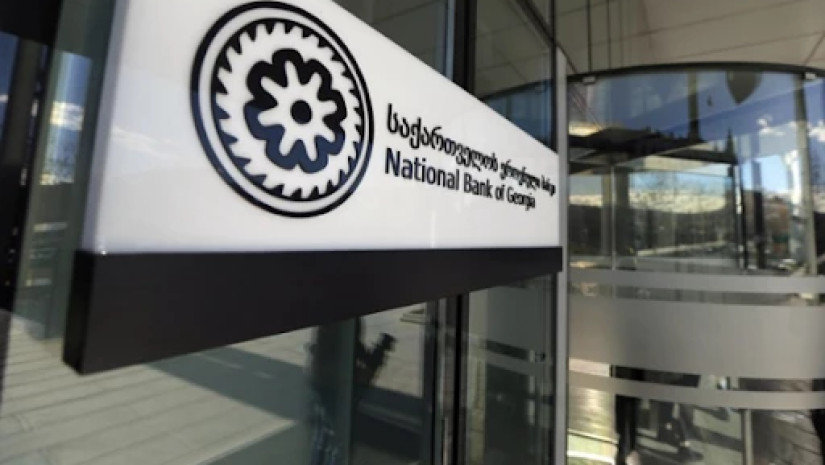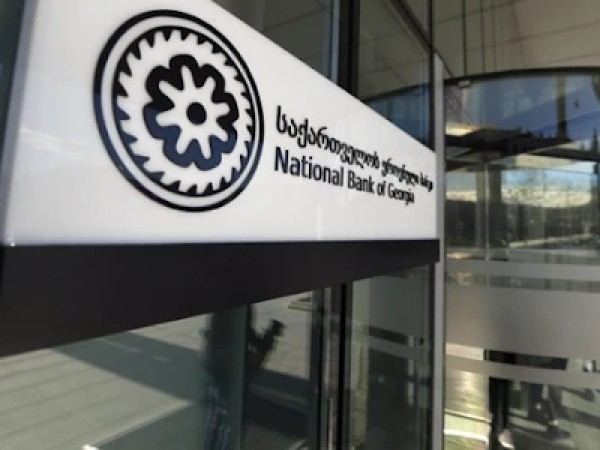The Monetary Policy Committee (MPC) of the National Bank of Georgia (NBG) met on March 17, 2021, and decided to raise the refinancing rate by 0.5 percentage points to 8.5 percent.
Annual inflation stood at 3.6 percent in February. The reduction of inflation since last December is related to the subsidization of utility fees, which is of a temporary nature. Generally, central banks do not account for such temporary factors in monetary policy decisions and are guided by the medium-term inflation forecasts. The end of the subsidy from March 2021 will correspondingly be reflected in inflation rate. The base effect of this subsidy will have an upward impact on the inflation rate in December 2021 and January-February 2022. According to the current forecast, other things being equal, inflation will on average remain around 4-4.5 percent in 2021 and then gradually approach the target.
The trend of price increases in international commodity markets, which has especially accelerated since the beginning of the year, is noteworthy among the factors affecting the dynamics of inflation. This is being reflected in the increased prices for oil products and selected food items. At the same time, on the back of reduced output due to the pandemic, the average production costs are higher, being another source for the upward pressure on inflation. The Committee also took into account that the persistence of depreciated exchange rate, given the high dollarization of the economy, is another factor pushing the inflation upwards. Moreover, the uncertainty about the recovery of the external demand remains elevated. As for domestic lending, despite the recent slowdown, it continues to grow moderately. In addition, inflation remaining above the target for a prolonged period, intensifies the risks for increasing inflation expectations that could possibly be translated into the increased inflation in future. Taking into account the abovementioned factors, the Committee decided to tighten monetary policy and to increase the policy rate by 50 basis points. However, at this stage, there is no apparent need of additional policy tightening over the course of the year.
According to the preliminary data, aggregate demand is weak. Based on rapid estimates, economic activity fell by 11.5 percent year-on-year in January. Amid easing restrictions, a gradual recovery of economic activity is expected throughout the year, the main driver of which will be domestic demand. In contrast, external demand will remain significantly reduced. As for the current indicators, the revenue from international travelers is minimal and decreased by 95 percent year-on-year in January. Amid weak aggregate demand and depreciated exchange rate, according to the preliminary data, goods imports fell by 12 percent year-on-year in February, while goods exports slightly improved and posted 3 percent annual growth.
The NBG continuously monitors the developments in the economy and financial markets and will use all available tools to ensure price stability.
The next meeting of the Monetary Policy Committee will be held on April 28, 2021.















